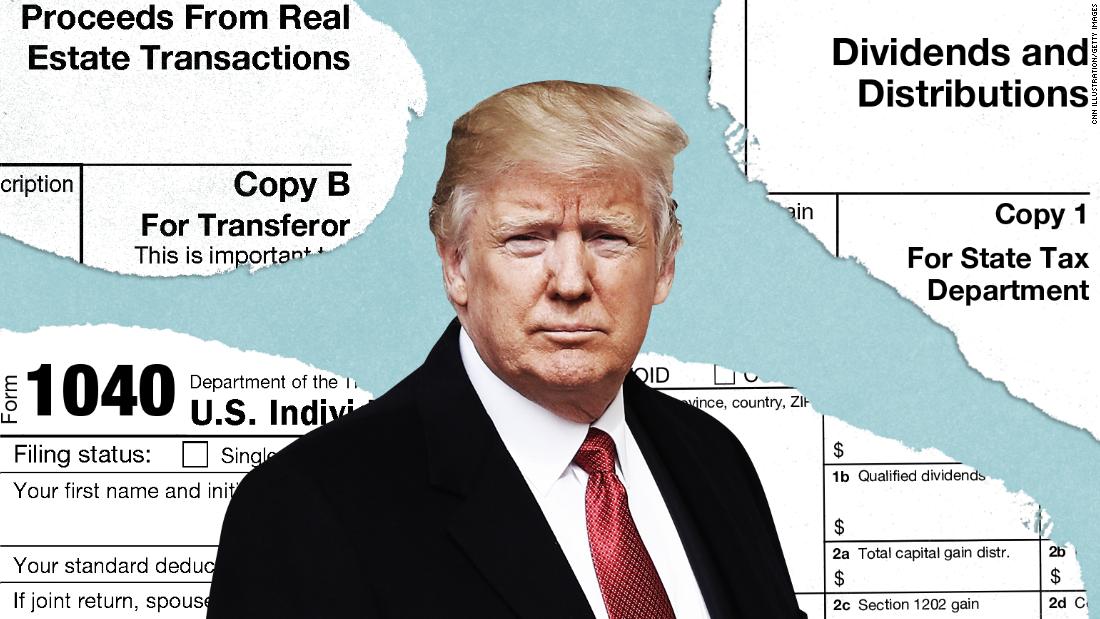The Supreme Court blocks Congress from obtaining his documents. But Trump is not immune from a New York prosecutor’s subpoena.
House subpoenas for President Trump’s financial documents will remain blocked the Supreme Court said, sending a controversial case back down to the lower court for further review.
Chief Justice John Roberts wrote the 7-2 opinion. Justices Thomas and Alito filed dissenting opinions. The President’s two nominees voted in the majority.
About the case: The case pitted the President’s personal lawyers against House Democrats who say they need records from Trump’s longtime accounting firm and two banks. The House argued that it was seeking the records from Mazars USA, Deutsche Bank and Capital One for the purpose of investigating whether Congress should amend federal conflict-of-interest and financial disclosure laws, as well as laws regulating banks.
Lawyers for the House stressed that the subpoenas are directed at third parties, not the President, and that the documents are unrelated to his official duties. Trump argued there is no valid legislative purpose for the documents, and instead the House is engaged in a fishing expedition to see if he broke the law.
Key moments from the oral arguments: In early May, Trump’s attorneys argued that the House subpoenas were “unprecedented in every sense.”
When a lawyer for the House argued in support of the subpoenas issued by three committees, several conservative justices zeroed in on whether the efforts by the Democratic-led house amounted to harassment of Trump.
For his part, Chief Justice John Roberts asked the lawyer about the limits of congressional powers and suggested that the House needed to take into consideration the fact that the subpoenas involved, not at an ordinary litigant, but the President.
The liberal justices, meanwhile, pounced on lawyers for Trump, suggesting that the court has long upheld Congress’ power to investigate.
Justice Ruth Bader Ginsburg noted that every recent president has voluntarily turned over his tax returns. She pointed to past investigations concerning Watergate, Whitewater and Paula Jones.
“How do you distinguish all of those cases,” she asked, adding that before Congress can legislate, it must investigate.
WATCH:
![]()


